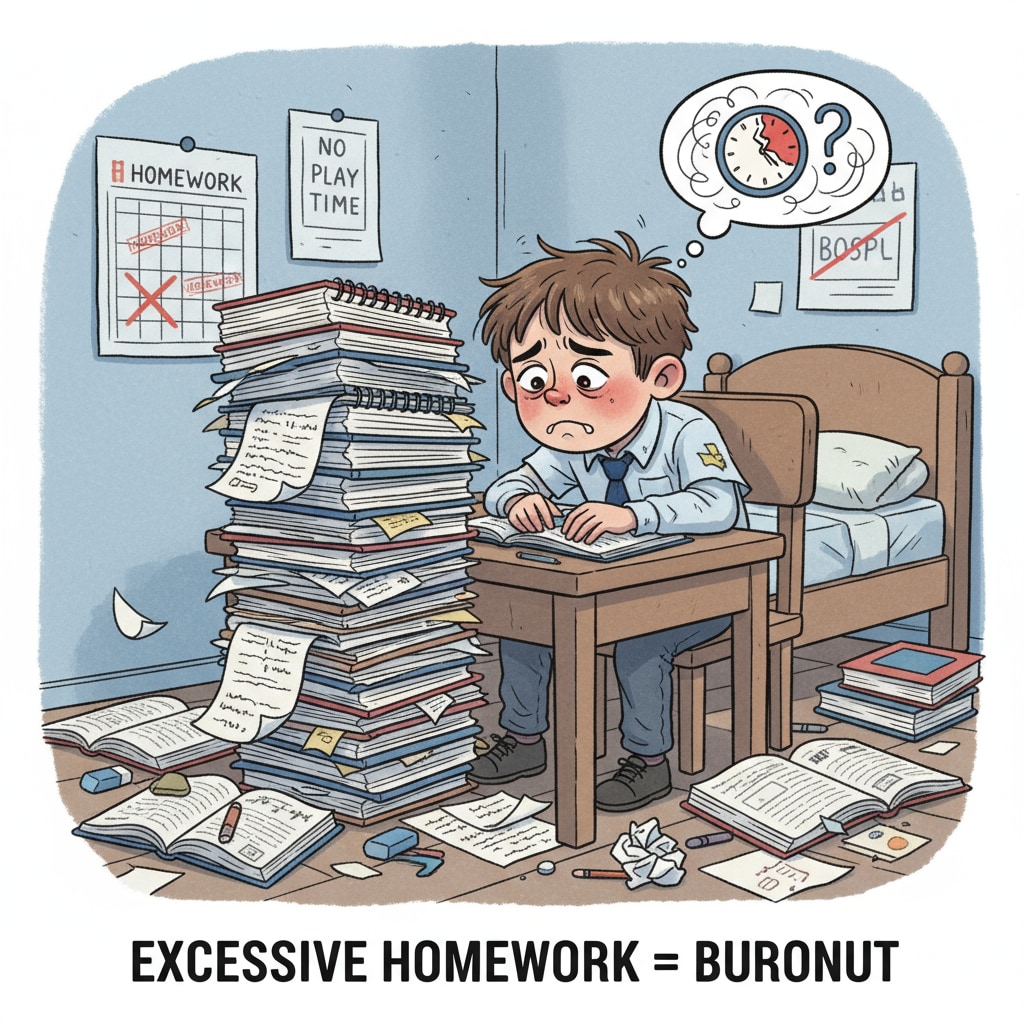Homework, self-responsibility, and learning motivation are three intertwined aspects in the realm of education. In the context of K12 education, the traditional system of mandatory homework has long been a cornerstone. However, it’s time to reevaluate its effectiveness and consider the potential benefits of a new approach.

The Limitations of Traditional Homework
Traditional mandatory homework often becomes a burden for students. It is typically assigned in a one-size-fits-all manner, without considering the diverse learning paces and interests of students. As a result, many students complete their homework mechanically, lacking real understanding and enthusiasm. For example, according to research by the National Education Association, a significant number of students feel stressed due to excessive homework, which actually hinders their learning motivation.

Fostering Self-Responsibility through Choice
When students are given the choice in their homework, they are more likely to take ownership of their learning. Instead of being forced to complete tasks, they can select activities that align with their interests and learning needs. This sense of autonomy promotes self-responsibility. For instance, a student interested in science may choose to conduct an independent experiment as homework, rather than doing a set of rote exercises. This way, they are more motivated to complete the task and learn from it. Edutopia research also supports this idea, indicating that student choice in learning activities leads to increased engagement and responsibility.
Moreover, without the pressure of mandatory homework, students have more time to explore their passions and develop critical thinking skills. They can engage in self-directed learning projects, which further enhance their self-responsibility.
In conclusion, eliminating mandatory homework can be a powerful step towards cultivating students’ self-responsibility and learning motivation. By rethinking the homework system in K12 education, we can create a more engaging and effective learning environment for students.
Readability guidance: The article uses short paragraphs to present ideas clearly. Each section provides key points in a straightforward manner. The use of examples and external references helps to support the arguments. Transition words like ‘however’, ‘for example’, and’moreover’ are used to connect ideas smoothly.


